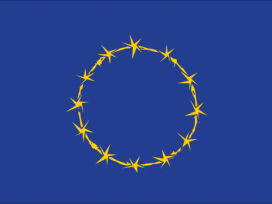
In recent years, the possibility of a "grand narrative" that includes both East and West in a common European story has been discussed intensely. In a new Focal Point, Eurozine seeks to broaden the question beyond the East-West historical divide. How are contested interpretations of historical and recent events made active in the present, both uniting and dividing European societies?




